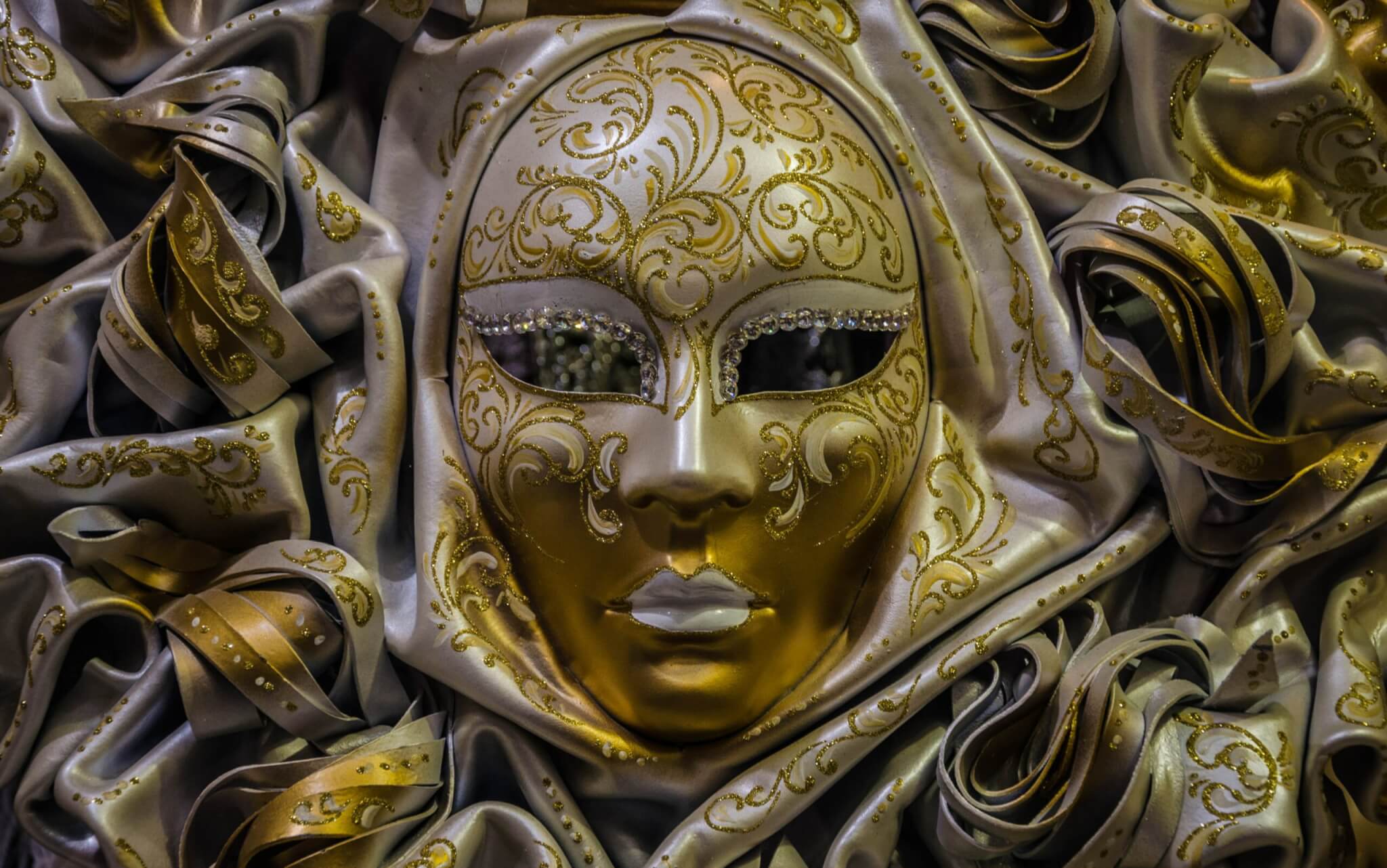After We Have Faces

In his work Till We Have Faces, C. S. Lewis reminds us that we are untrue beings veiled even from our own sight by all manner of things. The reason Orual is incapable of hearing from the gods is because she is not speaking truthfully; the reason she cannot see the gods is because she does not yet have a true face. Orual realizes this and lets her audience in on this revelation: “I saw well why the gods do not speak to us openly, nor let us answer. Till that word can be dug out of us, why should they hear the babble that we think we mean? How can they meet us face to face till we have faces?”
The serious reader will find conviction in this revelation: we hide, we are hidden, we all follow in the footsteps of our parents and make home-grown fig leaves to cover our shame. And this hiding manifests itself on multiple levels: we might wear a hat to hide our balding head, or a tweed blazer to appear more professorial. We painstakingly dishevel our hair and clothing to come off like we don’t care about our appearance; we tell people we diet and exercise (even when we don’t) to appear healthier and more conscientious; we exaggerate stories to make ourselves look like the victim or the hero or the wise one; we confuse followers with friends, activity with work, retweeting with morality, posts with purpose. All in all, we are false beings; we are composite and half-true images of images of God, hiding in the bushes, making our fig leaves fashionable.
A present reminder of this reality is in the nation-wide mandatory usage of masks. To a certain extent, mask-wearing is nothing new — it has been the practice of humanity since the Garden (Gen 3:7), and it was God’s first act of grace to a fallen humanity (3:21) to cover them with clothing — yet it is manifesting itself in a particularly uncomfortable way at the moment. Perhaps, even in this discomfort, God holds out a reminder that we are untrue beings, faceless like Orual: we hide, we are hidden, we make home-made masks to cover our faces.
As a teacher, it is hard not to think about mask-wearing in the context of school. For those schools that will be trekking into the unknown, mask-wearing and social distancing will be mandatory. And there is something to be grieved here: students cannot congregate, hug, and huddle-up like they used to. They will meet truncated versions of new teachers and new classmates through masks and shields, not quite able to know the student or teacher behind the mask. All school happenings, all social interactions, all study halls and teaching and lunch-room-monitoring will now be masked, veiled, hidden. Yet we also know, if Orual was right, that this has always been the case.
For while we are images of God, we hide and clothe ourselves. We are like Jacob, disguising ourselves with any dead thing we can find that we might steal a blessing from anyone that is offering. It is only Jesus Christ, the Son of God, the Son of Man, who is the One True Person. As St. John reminds his readership: “No one has ever seen God; the only God, who is at the Father’s side, he has made Him known.” And St. Paul says something similar to the Colossians: “He is the image of the invisible God”; “for in him the whole fullness of deity dwells bodily.” Christ shows us what it means to be the imago dei. As Christians, then, we are called to follow Jesus. Yet this is more than doing what he has done. We are meant to be what he is. As Jesus is true, we are to be true; as Jesus makes God known, we are to make God known — not just in word in deed but in our very being of being.
Long after the mandatory mask-wearing is gone, long after social distancing orders are over, long after we have faces once again, we will still be veiled, we will still be distant, we will still be hidden and untrue beings. In the meantime, let us receive this trial as a gracious reminder that we are veiled; let us receive His teaching. “For now we see in a mirror dimly” — with or without the masks — but let us pray,here and now and forever more, that we will see each other “face to face”, that we will crawl out from the bushes and say, “Here am I.”
William Goodwin
William Goodwin teaches the classics at Philadelphia Classical School. He and his wife recently had their first baby and she is the most precious thing in the world. He writes less often than he'd like at wllgoodwn.wordpress.com.










